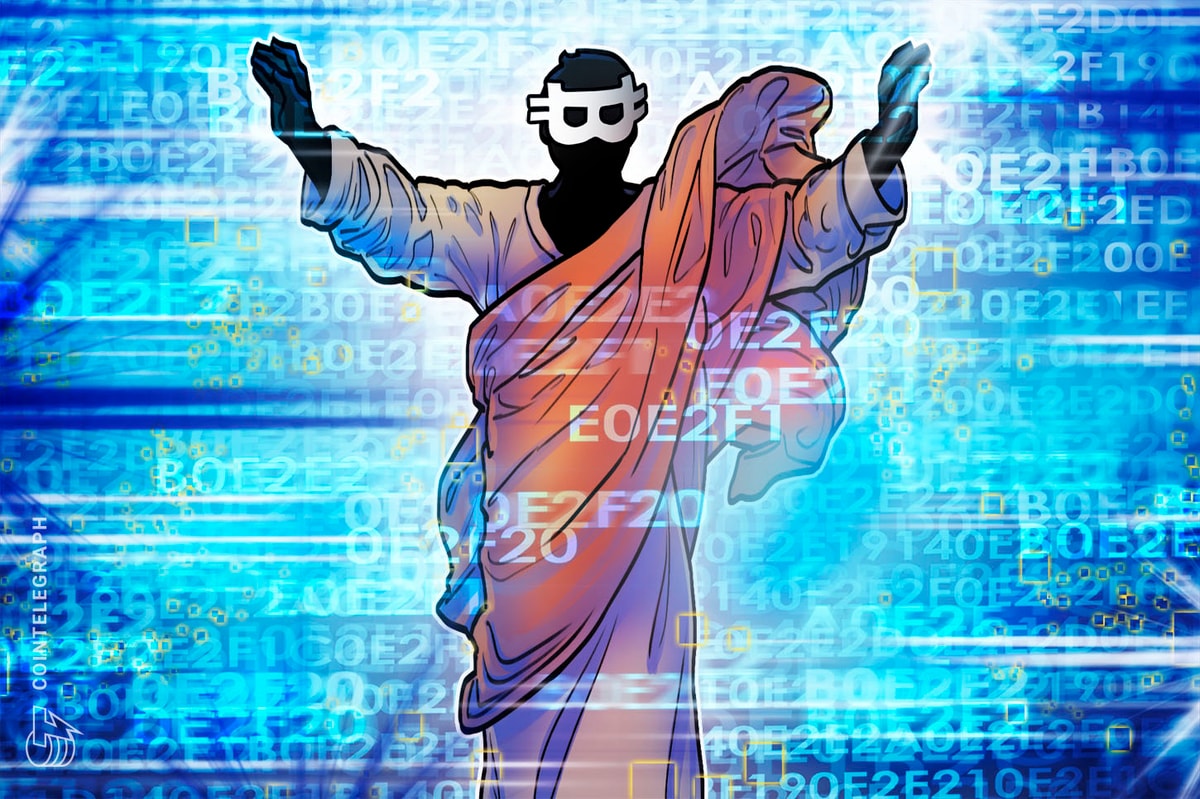Thailand’s government has announced a new visa class aimed at digital nomads and freelancers that could reportedly allow them to work in the country for nearly a year, but details on possible tax and income requirements are unclear.
The Thai government on May 28 announced measures to boost the local economy, including easing some visa rules to boost tourism, Reuters reported. It also created the new Destination Thailand Visa (DTV) for those wanting a workcation, local outlet Khaosod English reported.
The country has become a digital nomad hotspot in recent years which has attracted crypto traders and developers.
The DTV has a $270 fee (10,000 Thai baht) and is valid for five years. It offers a 180-day stay which can potentially be extended for another 180 days subject to the same fee, giving holders the chance of working from Thailand for nearly 12 months at a time, Khaosod reported.
The visa stipulates that a minimum of around $13,650 (500,000 Thai baht) was required as a guarantee to support spouses and children for those working remotely in Thailand.
However, the new DTV should not be confused with the Long Term Residents (LTV) "Work-from-Thailand" visa, often referred to as a digital nomad visa, which is much harder to obtain with stipulations for a minimum average personal annual income of $80,000 and health insurance coverage.
Foreign working professionals must also have an employment contract with a company with a minimum combined revenue of $150 million for the last three years.
Related: Thailand will block unlicensed crypto exchanges ‘to solve online crimes’
“The Thailand digital nomad visa is highly selective and has stringent restrictions, in contrast to other accessible options,” the digital nomad blog CitizenRemote wrote in November.
In September 2023, the Thai government announced that it would begin taxing all foreign income in 2024, specifically mentioning income from crypto trading, of any person who resides in Thailand for more than 180 days.
The tax liabilities or possible income requirements for those on a DTV visa are unclear at this time.
Magazine: Thailand’s crypto islands: Working in paradise, Part 1










